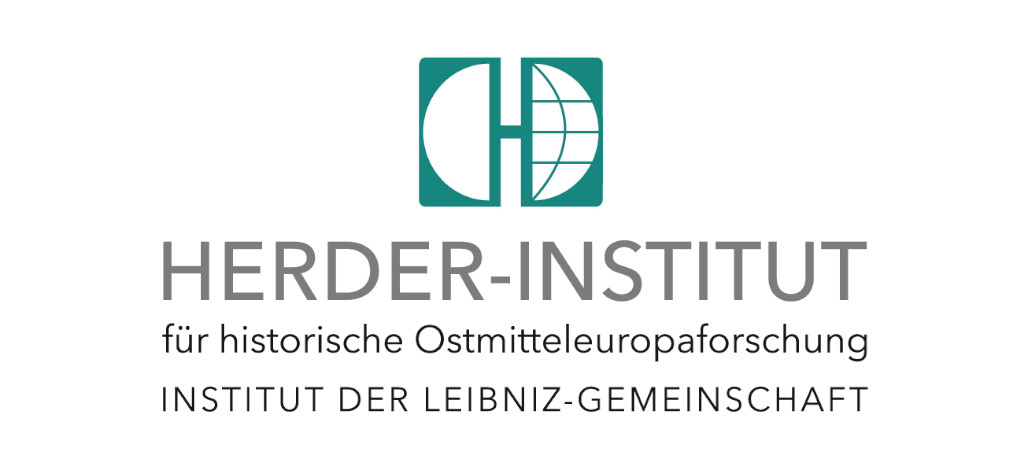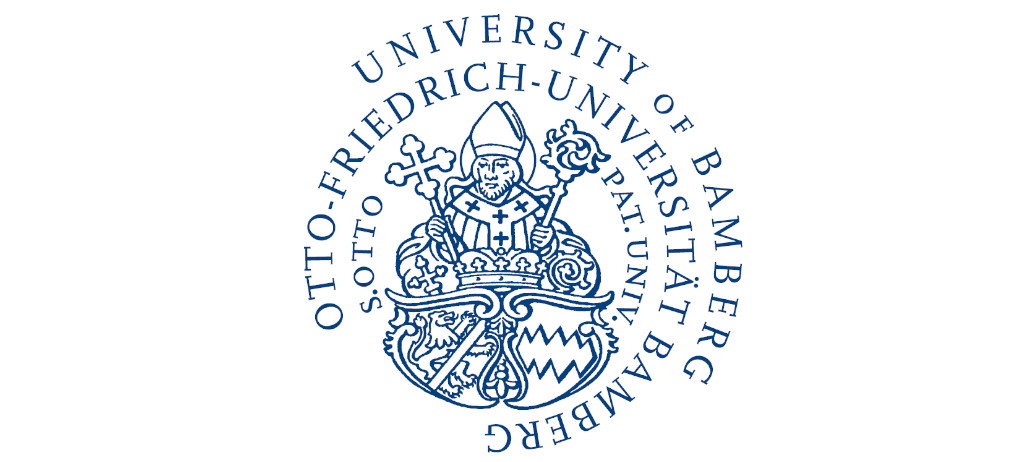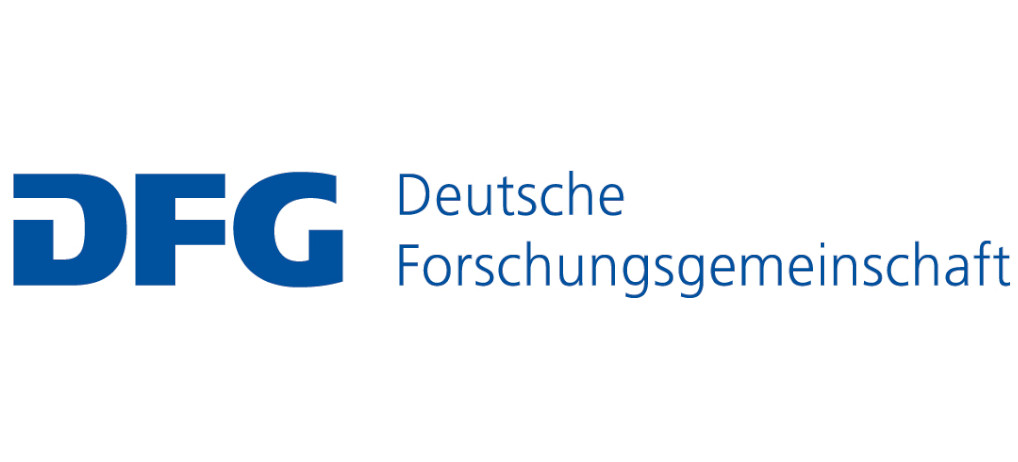Main Content
Research
Security is a key concept in the international and national political debate that has become increasingly important in recent years. Since 2014, around 50 researchers from Philipps University Marburg, Justus Liebig University Giessen, the Herder Institute for Historical Research on East Central Europe and the University of Bamberg have been working on the topic of "Dynamics of security. Forms of securitization in historical perspective". With 15 sub-projects from the disciplines of sociology, political science, peace and conflict research, law and history, the research network is highly interdisciplinary. Its aim is to examine, from a transdisciplinary perspective, how ideas of security have developed historically and how these ideas have found and continue to find expression in the development and implementation of political measures. The analysis focuses on the representation and production of security in different historical contexts and the relationship between these mutually dependent processes, which are conceptualized as "securitization".
Through cross-project research work, which takes place in various working groups, the Collaborative Research Center (CRC) aims to systematically analyze fundamental forms and elements of securitization and to develop a comprehensive typology of securitization processes. By systematically incorporating various historical contexts and questions, the CRC provides a comprehensive analysis of political dynamics within the framework of securitization processes as well as the opposing processes of de-securitization - including their ambivalences and dialectics. Securitization is not understood as a unidirectional, goal-oriented process with a predictable outcome, but rather as a variable process with overlaps, inconsistencies, regressions and discontinuities. By including historical contexts and questions, the CRC provides a comprehensive analysis of the political dynamics with which processes of securitization and their opposing processes of de-securitization are connected - including their ambivalences and dialectics. In the CRC, securitization is not understood as an always purposeful and predetermined process with a predictable outcome, but as a variable process with overlaps, inconsistencies, regressions and discontinuities.
The disciplinary focus of the 15 subprojects of the CRC is on historical projects, whose period of investigation ranges from antiquity to the present, but the historical subprojects are structurally and substantively linked with subprojects from the social sciences, which are central to the research approach, as well as law and art history. The joint research work of the CRC, which spans the subprojects, is carried out in five conceptual groups that analyze fundamental forms and elements of securitization with systematic intent. Through its research the CRC aims at developing a comprehensive typology of securitization processes.



